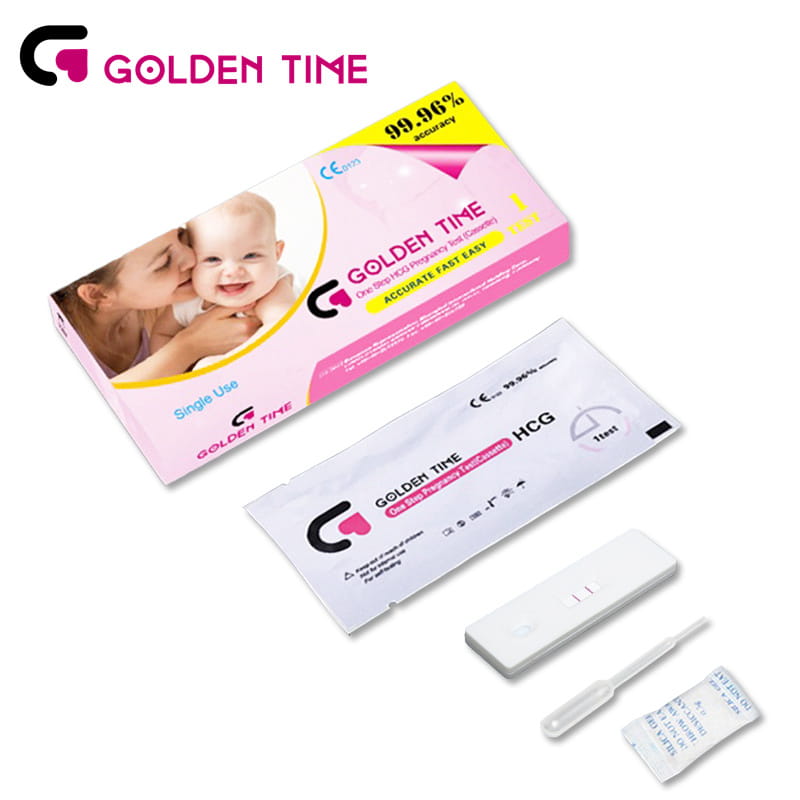Okt . 18, 2024 23:17 Back to list
Purchase Hepatitis C Test Kits from Reliable Manufacturers for Accurate Results and Fast Shipping
Understanding the Importance of Hepatitis C Test Kits and Choosing the Right Manufacturer
Hepatitis C is a viral infection that primarily affects the liver and can lead to serious health complications if left untreated. With millions of people worldwide estimated to be infected, early detection plays a crucial role in managing the disease effectively. One of the most practical ways to detect hepatitis C is through the use of test kits. In this article, we will explore the importance of hepatitis C test kits and how to choose the right manufacturer.
The Significance of Hepatitis C Test Kits
Hepatitis C is often asymptomatic in its early stages, meaning that individuals may not realize they are infected until significant liver damage has occurred. Therefore, having access to reliable and accurate hepatitis C test kits is essential for timely diagnosis and treatment.
Test kits are typically designed to detect antibodies to the hepatitis C virus (anti-HCV) or the viral RNA itself. The initial screening test usually checks for antibodies, and if positive, a follow-up test is conducted to confirm the presence of the virus. The convenience of test kits allows for screening in various settings, including clinics, hospitals, or even at home with some commercially available options.
Why Choose a Renowned Manufacturer?
When considering the purchase of hepatitis C test kits, it's crucial to select a reputable manufacturer. Quality and accuracy are paramount, as inaccurate results can lead to misdiagnosis and inappropriate treatment plans. Here are several key factors to consider when looking for a reliable manufacturer of hepatitis C test kits
1. Regulatory Approval Ensure that the test kits you are considering have received approval from relevant health authorities, such as the U.S. Food and Drug Administration (FDA) or the European Medicines Agency (EMA). Regulatory approval indicates that the product has been rigorously tested for reliability and safety.
buy hepatitis c test kit manufacturer

2. Scientific Validation Investigate whether the manufacturer provides scientific evidence to support the efficacy of their test kits. Look for peer-reviewed studies or clinical trial data that demonstrate the accuracy and reliability of the product.
3. Reputation and Experience A manufacturer with a strong reputation in the field of medical diagnostics is more likely to produce reliable products. Look for companies that have been in business for several years and have a proven track record of supplying quality medical testing equipment.
4. Customer Support and Training Quality manufacturers often provide excellent customer support, including training for healthcare providers on how to administer the tests properly. This support can be invaluable in ensuring that test results are obtained accurately and interpreted correctly.
5. Affordability and Availability While quality should not be compromised, it is also essential to consider the cost of the test kits. Look for manufacturers that offer competitive pricing without sacrificing reliability. Moreover, ensure that their products are readily available when you need them.
6. Feedback and Reviews Seeking feedback from other healthcare professionals or institutions that have used the test kits can provide valuable insights into the manufacturer's credibility. Online reviews and testimonials are also excellent resources for evaluating product performance.
Conclusion
In conclusion, the importance of hepatitis C test kits in early detection and management of the disease cannot be overstated. Choosing the right manufacturer is critical to ensuring that you obtain high-quality and reliable test kits. By considering factors such as regulatory approval, scientific validation, reputation, customer support, affordability, and feedback from other users, healthcare professionals can make informed decisions that benefit both their practice and their patients. As the fight against hepatitis C continues, access to accurate testing will be a critical ally in improving public health outcomes.
-
China Nylon Flocking Swabs - AI Enhanced Quality Collectors
NewsAug.03,2025
-
Highly Accurate hCG Pregnancy Test Strips - 5 Min Results
NewsAug.02,2025
-
Premium Empty ABS Plastic Cassettes: Durable & Lightweight Storage
NewsAug.01,2025
-
Accurate Cocaine (Coc) Rapid Test Kit | Fast & Reliable Detection
NewsJul.31,2025
-
Accurate HCG Pregnancy Test Strips | Fast Home Use Kit
NewsJul.31,2025
-
Reliable Early Pregnancy Test Kit Supplier - Multi Plastic Cassette Options
NewsJul.30,2025

